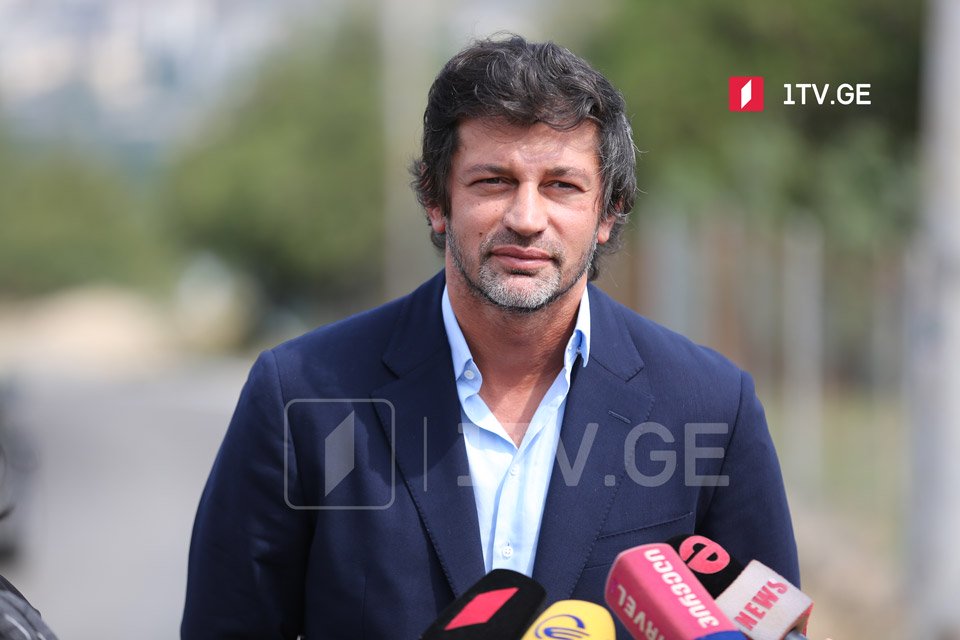Tbilisi Mayor accuses Judge Khuchua of politically motivated decision-making
Tbilisi Mayor Kakha Kaladze stated that when a judge makes a significant ruling, such as the one recently issued by the Tetritskaro District Court, it must be grounded in solid evidence that can withstand scrutiny at all levels.
Kaladze shared his thoughts with journalists while assessing the decision made by Tetritskaro District Court Chairman Vladimir Khuchua, which is currently under review by the Court of Appeals.
“When making such an important decision, it is crucial that everything is based on facts and evidence. As we have seen from the Central Election Commission’s statement, upon closer examination, there was no factual basis or evidence to support the ruling. It was a politically motivated decision made under orders. If people have seen the videos featuring this particular judge’s family members, the situation becomes abundantly clear. When rendering such a critical decision, one should possess solid evidence that can withstand scrutiny at every level. As we know, this matter has been appealed, and we await the decisions from the higher courts,” stated Kakha Kaladze.
Regarding his expectations for the lawsuits filed by GYLA, ISFED, and other organizations, the Tbilisi Mayor expressed his willingness to address any existing questions.
“If we analyze the number of complaints and the statistics, there were more complaints in 2020 than in 2024. However, this isn’t particularly significant, as the content of many complaints is trivial. For instance, one complaint reported that one observer kissed another, and a formal complaint was lodged about this. Such complaints are not uncommon. Of course, everything will be reviewed. We have also expressed our readiness, as we did in 2020, that if anyone requests a recount or has any questions, we are prepared to cooperate fully to ensure all inquiries can be addressed,” Kaladze added.
On November 4, Judge Vladimer Khuchua of the Tetritskaro Court confirmed that there had been violations of voter secrecy in the October 26 elections. He annulled the results from 31 polling stations across two constituencies—18 in Tsalka and 13 in Tetritskaro—thereby satisfying the lawsuit filed by the Georgian Young Lawyers’ Association (GYLA).
